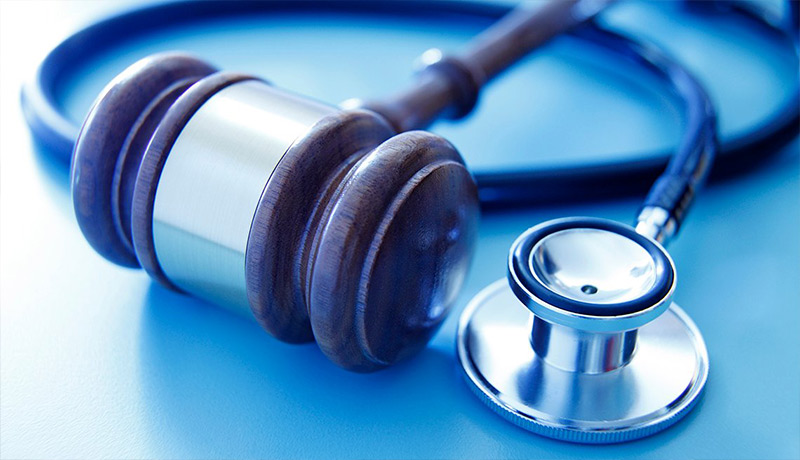When doctor’s orders call for…a lawyer
It’s a reality the team at Memorial Healthcare System knows all too well. Their nurses, doctors and staff see the impact of unmet social needs on patient health up close and every day at their nine primary care centers, where one in four patients are uninsured and a high number of low-income Medicaid patients go for health care services.
All of which made Memorial Primary Care an ideal place to pilot an initiative growing in popularity across Florida: a medical-legal program that embeds civil legal aid into the healthcare setting. A legal aid attorney from Legal Aid Service of Broward County now helps remedy the kinds of social and legal ailments face by too many low-income patients: housing issues, immigration, domestic violence, child custody, public benefits—all of which directly impact health. (How so? A new asthma inhaler solves nothing if a patient is sent home to a mold-infested apartment; and diabetes treatments won’t work when a patient has no access to healthy food.)
The two-year program launched in 2019 thanks to a more than $200,000 grant from the Health Foundation of South Florida. On site three days a week to meet with referred patient-clients and collaborate with health partners, Legal Aid saw an instant demand for service. Within the first nine months—six of those months during the pandemic—a total of 184 Memorial Primary Care patients with 277 unmet social needs were referred to the program. The most common social needs are income-related: 32% of referrals have been for issues like Social Security disability benefits, health insurance, and food assistance. Another 20% of referrals have been related to housing, landlord/tenant, foreclosure and eviction issues.
But the numbers tell only part of the story. What may seem like a small win on a technical legal issue can translate into deeply meaningful improvements in quality of life for patients. Securing access to an electric wheelchair meant mobility and independence for one older man. Preserving a $68 monthly food assistance benefit meant one female patient would make it to the end of the month with a full pantry. And postponement of a foreclosure sale meant another patient was able to buy herself time to find affordable housing—and not end up homeless.
With the onset of the pandemic, Legal Aid’s lawyer quickly began advising and counseling patients about housing rights and new legal protections and resources available in response to COVID19. While the medical-legal program went remote and virtual, as has so much else, the initiative continues to help patients navigate such uncertain times, and provide a valued collaboration to Memorial’s own health care heroes.
